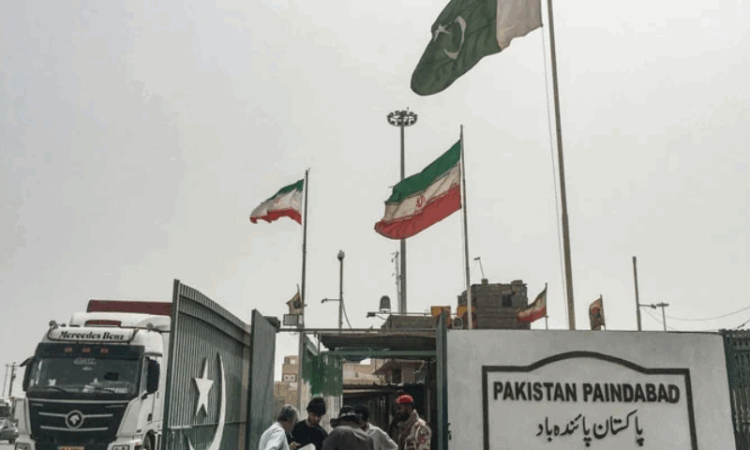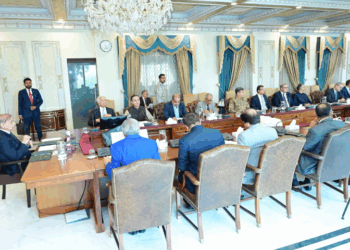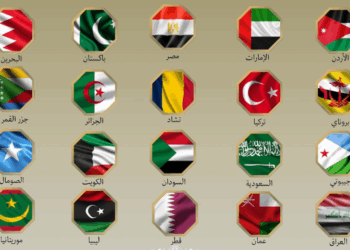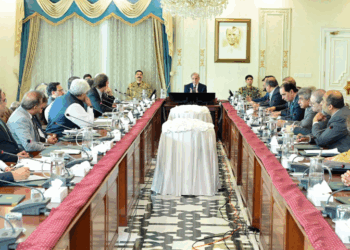Islamabad, June 17, 2025: In response to rapidly escalating tensions following the outbreak of hostilities between Iran and Israel, Pakistan has decided to evacuate the families of its diplomats and non-essential staff from Iran, a senior official from the Ministry of Foreign Affairs confirmed on Tuesday.
The official stated that the decision was made as a precautionary measure, and that certain non-essential personnel are also being temporarily recalled. However, Pakistan’s diplomatic missions in Iran, including the embassy in Tehran and consulates in other cities, will remain fully operational.
“The Embassy and consulates continue to function normally,” the official said, underscoring that core diplomatic activity will not be disrupted.
The move comes amid the intensification of the Iran-Israel conflict, which erupted after Israel accused Iran of being on the verge of developing a nuclear weapon and launched a surprise aerial campaign targeting Iranian military and nuclear infrastructure.
Israeli strikes have reportedly killed dozens of senior Iranian military officials and top nuclear scientists, claiming over 220 lives across Iran. In retaliation, Iran has launched massive barrages of ballistic missiles and drones, with Israeli officials confirming over 400 missile launches and “hundreds” of drone attacks. Iranian strikes have so far killed more than 20 people inside Israel.
Israel has claimed operational control over Iranian airspace and signaled its intention to further escalate the campaign. Meanwhile, U.S. President Donald Trump has reiterated that the conflict could end swiftly if Iran accepts strict U.S. conditions on its nuclear program—terms Tehran has repeatedly rejected, citing its rights under the Nuclear Non-Proliferation Treaty (NPT).
Iran maintains that its nuclear program is exclusively peaceful, while Israel, which is not a signatory to the NPT, is widely believed to possess a nuclear arsenal—though it neither confirms nor denies this status.
Meanwhile, the federal government has begun repatriation efforts for Pakistanis stranded in Iran. According to immigration officials, 714 Pakistani nationals — including students, traders, and transporters — arrived in Pakistan via buses through the Taftan border crossing on Monday.
This included 154 students returning from Tehran. After completing immigration protocols, they were relocated to Pakistan House in Taftan. Officials said the total number of students who arrived at the border that day reached 214.
In light of the conflict, the Balochistan government has closed all border points with Iran in Panjgur, Gwadar, and Kech districts indefinitely, citing security concerns. However, the Taftan crossing in Chagai district remains open and operational, with trade and passenger movement continuing under enhanced security.
The Ministry of Interior has also issued an advisory, urging Pakistani citizens to avoid non-essential travel to Iran as air connectivity remains suspended between the two countries.
As the regional crisis deepens, Pakistani authorities say they are closely monitoring the situation and remain committed to ensuring the safety of its citizens and diplomatic personnel in the region.








